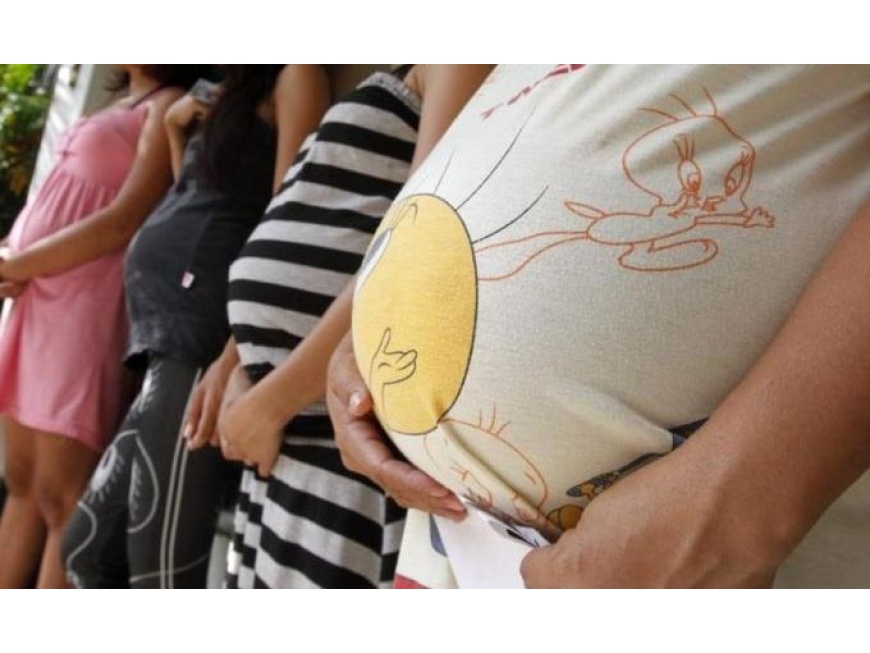The Dangers of Teenage Pregnancy: Protecting the Health and Future of Adolescents
Introduction:
Teenage pregnancy is a complex issue with far-reaching consequences for both the young mothers and their children. It poses significant challenges to the physical, emotional, and socioeconomic well-being of adolescents. This article aims to shed light on the dangers associated with teenage pregnancy and emphasizes the importance of comprehensive education, access to reproductive healthcare, and supportive measures for adolescents.
1. Health Risks for Teen Mothers:
Teenage pregnancy poses serious health risks for young mothers. Due to their bodies still being in the process of development, adolescents face a higher risk of complications during pregnancy and childbirth. They are more likely to experience premature labor, low birth weight babies, and maternal mortality rates higher than their older counterparts. The lack of proper prenatal care further exacerbates these health risks.
2. Educational and Economic Consequences:
Teenage pregnancy often disrupts a young girl's education, limiting her opportunities for personal and professional growth. Many teenage mothers drop out of school, hindering their chances of pursuing higher education and obtaining stable employment. The resulting financial strain and limited resources can perpetuate a cycle of poverty, negatively impacting both the mother and her child's future prospects.
3. Emotional and Psychological Challenges:
Becoming a parent at a young age can lead to heightened emotional and psychological challenges for teenagers. The sudden responsibility and stress of caring for a child may lead to feelings of isolation, anxiety, and depression. Teen mothers often experience difficulties in forming healthy relationships, pursuing personal goals, and maintaining their mental well-being, further impacting their overall quality of life.
4. Increased Risk of Child Health Issues:
Babies born to teenage mothers face increased risks of various health issues. Prematurity, low birth weight, and developmental delays are more common among infants born to adolescents. Limited access to proper prenatal care and inadequate knowledge about child-rearing practices contribute to these risks. Consequently, the child's early development and long-term well-being may be compromised.
5. Intergenerational Impact:
Teenage pregnancy has intergenerational consequences. Children born to teenage mothers are more likely to experience health and developmental issues. They may face socioeconomic disadvantages, reduced educational opportunities, and a higher likelihood of engaging in risky behaviors. The cycle of teenage pregnancy can perpetuate across generations unless interventions are implemented to break this cycle and provide support to young parents.
Conclusion:
Addressing the dangers of teenage pregnancy requires a comprehensive approach involving education, access to reproductive healthcare, and support systems for adolescents. It is crucial to provide comprehensive sexual education that emphasizes safe practices and responsible decision-making. Accessible and affordable reproductive healthcare services should be available to ensure early intervention and proper prenatal care. Equally important is the provision of counseling, emotional support, and educational opportunities to empower teenage mothers and enable them to build a better future for themselves and their children. By addressing the dangers of teenage pregnancy, society can protect the health, well-being, and future potential of adolescents, fostering a stronger and more prosperous generation


Write a comment